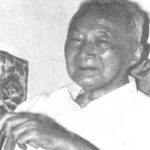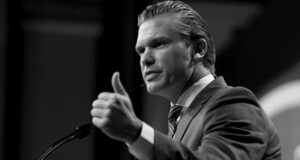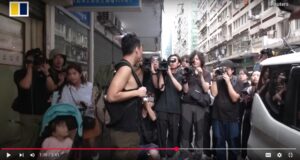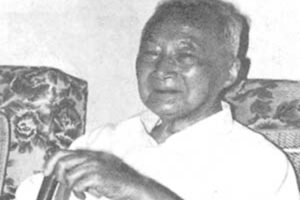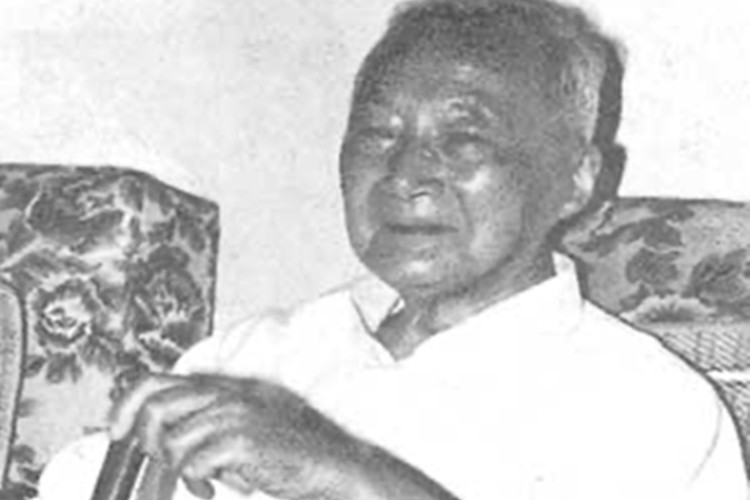
“I am a Roman Catholic Bishop. If I denounce the Holy Father, not only would I not be a bishop, I would not even be a Catholic. You can cut off my head, but you can never take away my duties.”
These words, remembered by Mario Alexis Portella, were spoken by Ignatius Kung Pin-Mei in response to a prosecutor’s request for his cooperation in establishing the Chinese Patriotic Association (“The Extraordinary Virtues of Cardinal Kung,” Hungarian Conservative, May 2025).
The story of Cardinal Kung is that of a faithful shepherd—a saintly figure who refused to renounce God and His Church, despite the consequences of a life sentence imposed by the Chinese Communist Party. Three months before his arrest in 1955, then-Bishop Kung stood by his clergy and the faithful in China, rejecting numerous offers of safe passage out of the country. His courageous stand inspired millions of his countrymen to follow his example of fidelity to the Roman Catholic Church. Anticipating the imminent arrests, Bishop Kung trained hundreds of catechists to preserve and pass on the Roman Catholic faith to future generations in his diocese. The heroic efforts of these catechists, their martyrdom, and that of many faithful and clergy contributed to the vibrant ‘underground Church’ in China of today.
Kung had become a bishop just after the communists took control of China in 1949.
His refusal to escape the likelihood of an unjust punishment, which would have implied no renunciation of principle, was even more costly than it was for Socrates or, in our time, Hongkonger Jimmy Lai, persons well advanced in years when the state went after them. Kung, a younger man, would spend some three decades in prison, being released only in 1986 (and then having to spend a few years under house arrest). He died in 2000. “He suffered inhuman living conditions and mistreatment that were common in Communist prisons.”
The Chinese Patriotic Association is “different from” China’s underground Catholic Church, Portella explains, the former having been established by the Chinese Communist Party and serving as its vehicle and mouthpiece.
By early 1958, the first Catholic bishops were illicitly appointed by the CCP without reference to the Holy See, the universal government of the Church. In June 1958, Pope Pius XII issued his encyclical Ad Apostolorum Principis in which he condemned China’s ‘parallel’ church by refusing to recognize any episcopal consecrations performed without prior Vatican approval. Numerous priests, nuns, and faithful were imprisoned, tortured, and even put to death for their refusal to submit to the CCP’s institutional church.
We may contrast Pope Pius XII’s refusal to recognize the party-state’s consecrations and Cardinal Kung’s refusal to have anything to do with the Chinese Patriotic Association with Pope Francis’s “clandestine agreement with the CCP, which seeks unity with the CPA—just the opposite of how Kung lived his life.”
The papal agreement was one that Pope Francis made and renewed even though he was not in danger of being imprisoned or killed by the CCP. Will Pope Leo XIV renounce this anti-Catholic pact?
Kung was one of many Chinese in the 1950s and later who were dragged into the street to face crowds and admit their sins against the Party and the people: a “struggle session.” When Kung was shoved to the microphone to confess to some allegation, he cried: “Love live Christ the King! Long live the Pope!” The crowd answered: “Long live Christ the King! Long live Bishop Kung!” The police took him away.
Also see:
National Catholic Register: “Catholic Democracy Advocate Jimmy Lai ‘Fighting for His Beliefs’ During Long Trial, Says Son”


